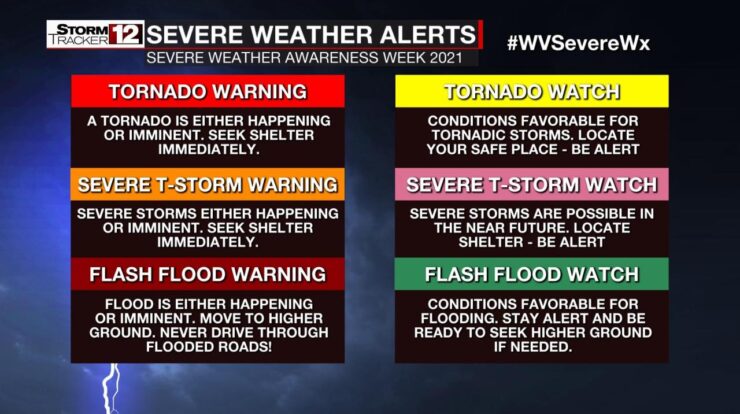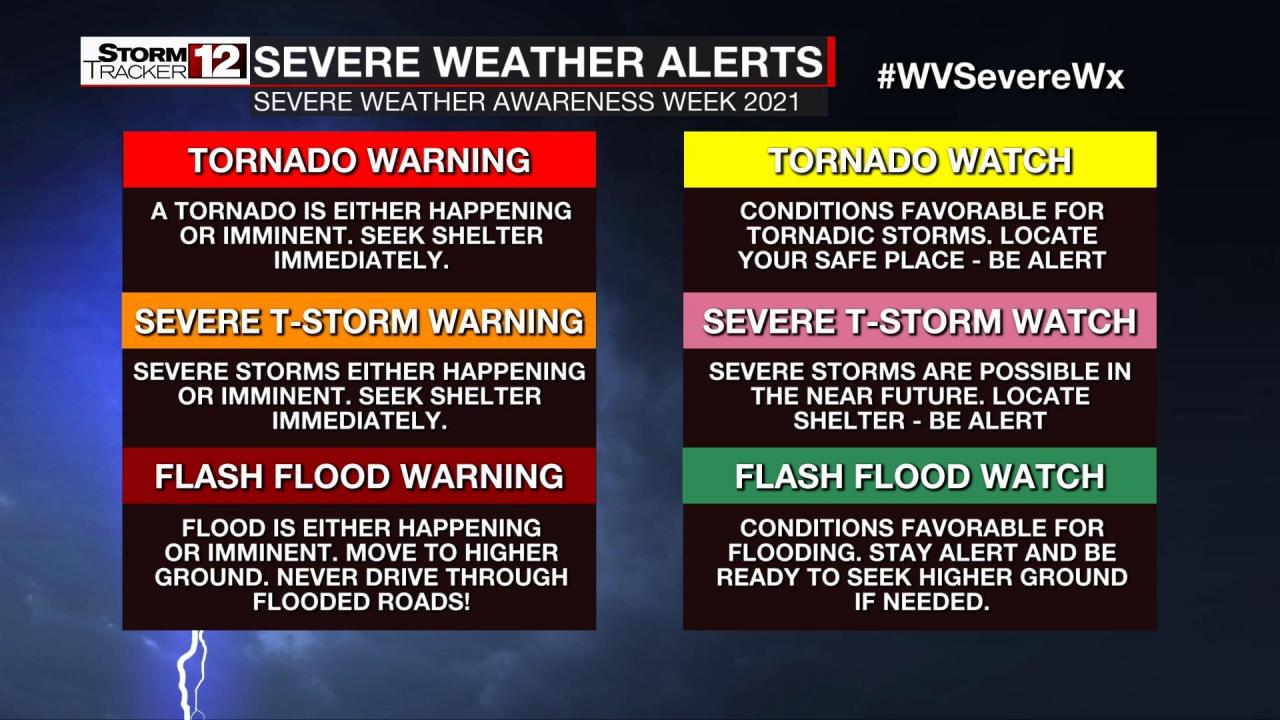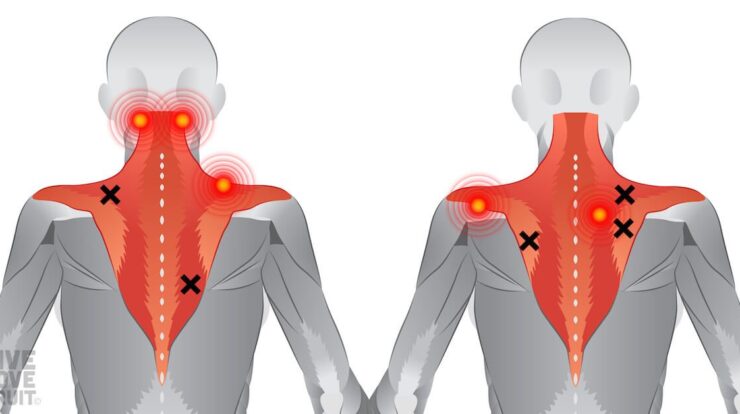
Is watch or warning worse – When it comes to weather alerts, the terms “watch” and “warning” are often used interchangeably. But do you know the difference between the two? And more importantly, which is worse?
If you’re a basketball enthusiast, you won’t want to miss out on the thrilling matchup between the Lakers and Nuggets. Tune in to watch lakers vs nuggets live and witness the intense competition on the court. Alternatively, if you prefer to catch up on the latest Lakers news and updates, check out lakers watch for in-depth analysis and exclusive interviews.
In this article, we’ll delve into the world of weather alerts, exploring the definitions, levels of severity, types, issuing authorities, public response, and historical examples of watches and warnings. We’ll also provide a case study comparing and contrasting a watch and a warning, and finish with a visual representation of the key information.
Lastly, if you’re looking for a convenient way to access local news, weather, and community events, learn how to watch ion . This regional network provides valuable information and programming tailored to your specific area.
Watches and Warnings: Understanding the Difference

In the world of meteorology, watches and warnings are two important tools used to communicate potential hazards to the public. While both terms are often used interchangeably, there are key differences between the two that can impact the actions you should take.
For a fun and interactive viewing experience, consider watch together with friends and family. This feature allows you to stream movies, TV shows, and other content simultaneously with others, making it a great way to connect and share entertainment. On a different note, if you’re interested in educational resources, explore oge system watch for a comprehensive overview of the Oklahoma Guaranteed Excellence System.
Definitions, Is watch or warning worse
- Watch:A watch indicates that conditions are favorable for a specific hazardous event to develop or occur. It does not mean that the event is imminent or certain, but rather that you should be prepared and monitor the situation closely.
- Warning:A warning means that a hazardous event is expected to occur or is already underway. It is issued when there is a high degree of certainty that the event will occur and can cause significant damage or harm.
Levels of Severity
Watches and warnings are typically issued with different levels of severity to indicate the potential impact of the hazardous event. These levels can vary depending on the specific hazard and the issuing authority, but they generally include:
- Advisory:Issued when conditions are favorable for a hazard to develop, but the risk is low.
- Watch:Issued when conditions are becoming more favorable for a hazard to develop, and the risk is increasing.
- Warning:Issued when a hazard is imminent or already occurring, and the risk is high.
- Emergency Warning:Issued when a severe hazard is expected to cause widespread damage or loss of life, and immediate action is required.
Final Thoughts: Is Watch Or Warning Worse

So, which is worse: a watch or a warning? The answer depends on the specific situation. But one thing is for sure: it’s important to understand the difference between the two so that you can take the appropriate actions to stay safe when severe weather strikes.
Catch all the action from the court with lakers watch and experience the thrill of the game with fellow fans through watch together . For a different perspective, delve into the oge system watch to uncover the intricate details of the game.
Don’t miss the exciting matchup between the Lakers and Nuggets with watch lakers vs nuggets . Finally, stay informed with the latest news and events on how to watch ion .
Expert Answers
What is the difference between a watch and a warning?
A watch means that conditions are favorable for severe weather to develop, while a warning means that severe weather is imminent or already occurring.
What are the different levels of severity for watches and warnings?
Watches and warnings can be issued at different levels of severity, such as slight, moderate, high, or extreme.
Who issues watches and warnings?
Watches and warnings are typically issued by the National Weather Service.
What should I do when I hear a watch or a warning?
When you hear a watch, be prepared to take action if the weather conditions worsen. When you hear a warning, take immediate action to protect yourself and your property.





